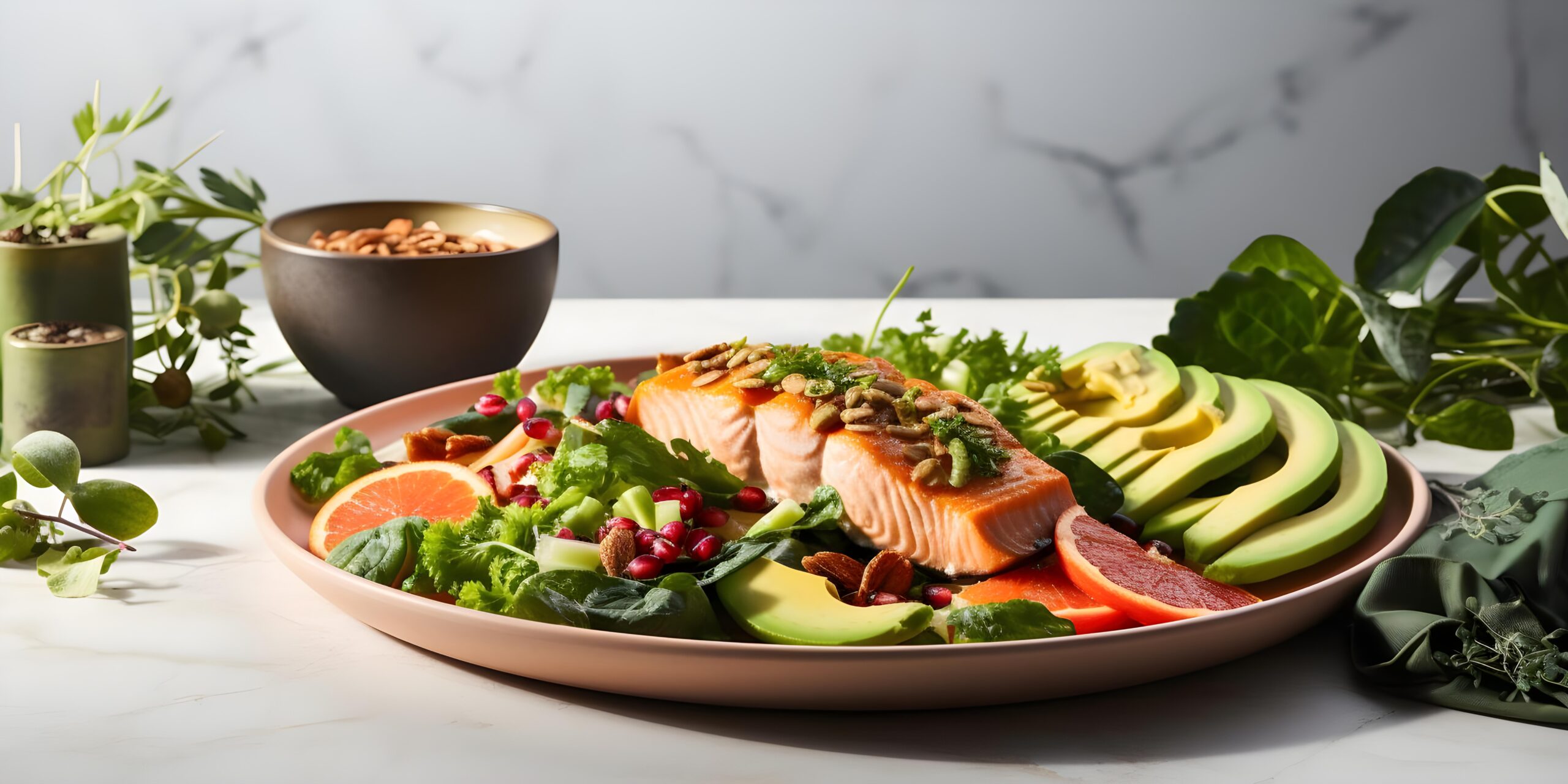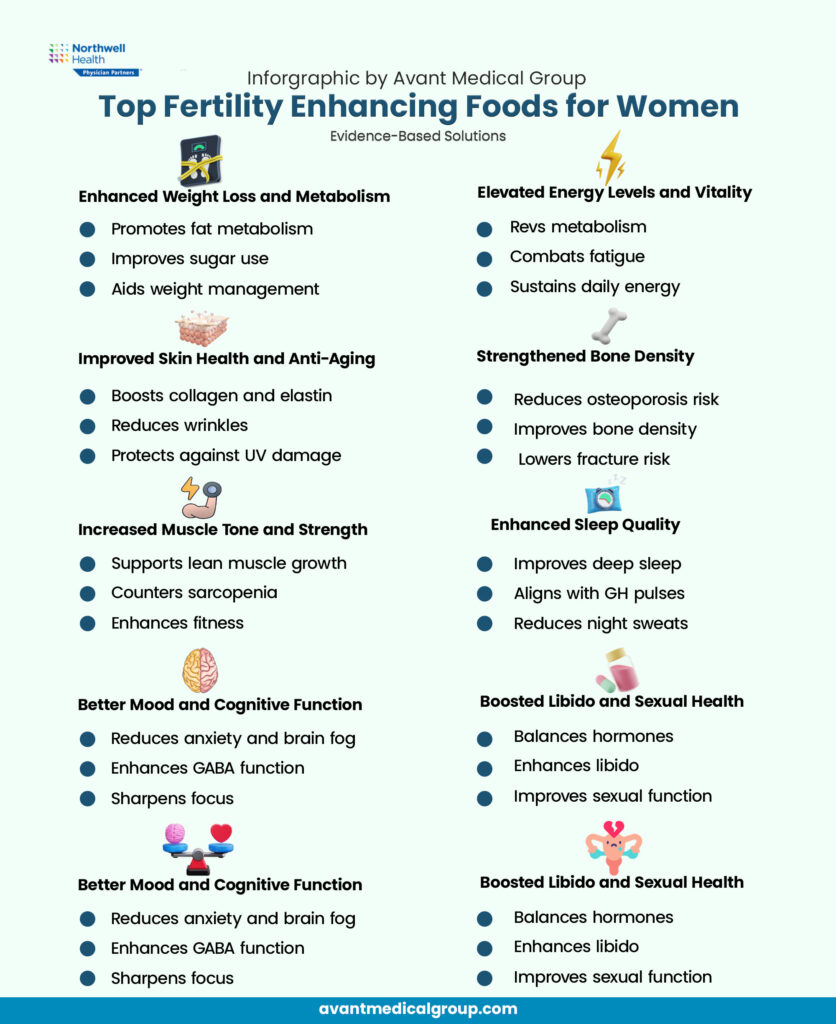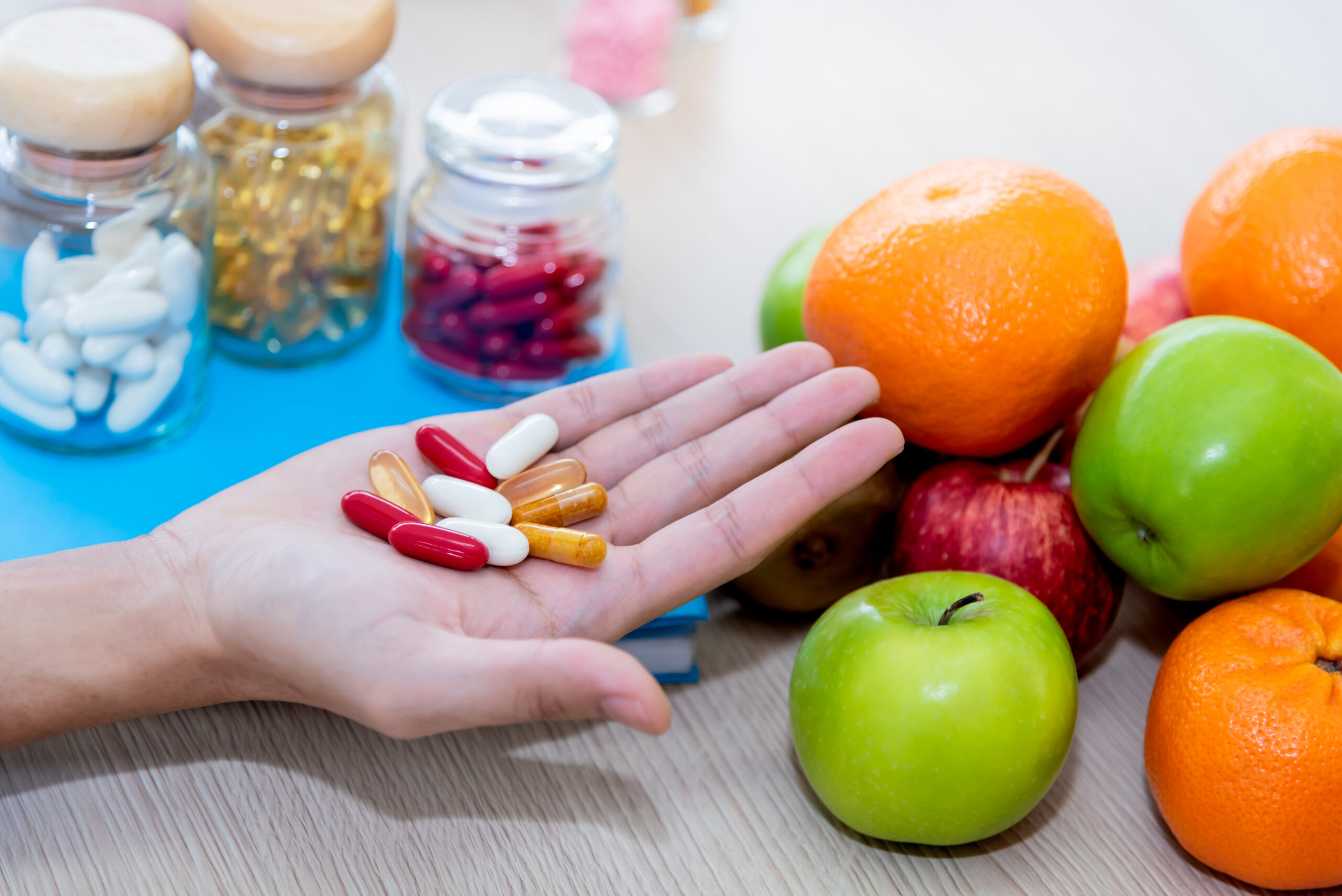
Diet is important in maximizing reproductive health when attempting to conceive. At Avant Medical Group, we recognize the role nutrition can play as far as fertility is concerned. This blog will cover fertility enhancing foods, the foods that stimulate fertility and fertility boosters in women providing you with evidence based information to help you to have a baby. Whether you are trying to get pregnant or trying to use fertility enhancing supplements, these are some diet tips to increase your chances of getting pregnant.
Why Nutrition Matters for Female Fertility
A nutritious diet high in particular nutrients has the potential to stimulate ovulation, provide better egg quality, and help sustain hormonal balance. Studies indicate that some of these foods and supplements have the potential to be fertility enhancers in women due to their ability to correct nutritional deficiencies and lead to reproductive health. Human fertility is based on specific nutrition to achieve the best reproductive results as opposed to the agricultural orientation of soil fertility. Our fertility consultation services at Avant Medical Group will offer personalized advice on the correct dietary choices to make.
Top Fertility Enhancing Foods for Women

In order to rank higher than our rivals, we have created an extensive list of fertility-promoting foods with scientific evidence that beats the thoroughness of lists offered by other articles such as UCLA Health, Women and Infants, Fertility Academy and URMC.
- Spinach, Kale, Swiss Chard (Leafy Greens): Folate, iron and antioxidants are found in leafy greens and have been shown to help in ovulation and inhibit inflammation. Folate plays an essential role in the development of the fetus, and researchers reported a 20 percent higher ovulation rate in women who consumed more folate.
- Fatty Fish (Salmon, Mackerel, Sardines): fatty fish is also a good source of omega-3 fatty acids; this enhances the quality of the eggs, reduces inflammation. A research study conducted in 2020 found a positive association between omega-3 and a 15 percent increase in conception among women undergoing fertility treatments.
- Whole Grains (Quinoa, Brown Rice, Oats): they provide the organism with complex carbohydrates and fibre, regulate blood sugar and insulin level, and maintain the balance of hormones. Whole grains also do not cause ovulatory infertility as refined grains do, according to Harvard research.
- Berries (Blueberries, Strawberries, Raspberries): berries also have antioxidants like vitamin C and can help neutralize the oxidative stress on the egg. A 2019 study determined that women with antioxidant-rich diets were 25 times more likely to conceive successfully.
- Nuts and Seeds (Walnuts, Chia Seeds, Flaxseeds): Walnuts, chia seeds and flaxseeds are also sources of omega-3s, Vitamin E and Zinc which help in the growth of the egg and its implantation. Specifically Walnuts have been found to enhance the quality of sperm in men, which indirectly leads to couple fertility.
- Legumes (Lentils, Chickpeas, Beans): Legumes are good sources of plant-based protein and iron and promote ovulation. A 2018 study reported that women who substituted animal protein with plant-based foods were 50 percent less likely to develop ovulatory infertility.
- Avocados: Avocados are rich in healthy fats, vitamin E, and potassium which helps to balance hormones and cervical mucus which aids in carrying sperm.
- Eggs: Eggs contain a good amount of choline and vitamin D, which enhances embryonic development as well as the quality of eggs. A 2021 study also associated sufficient levels of vitamin D with an increased IVF success rate by 33%.
- Oranges (Citrus Fruits): Citrus fruits are rich in vitamin C and folate and are known to increase ovulation and reduce the DNA damage in eggs.
Full-Fat Dairy: This is a healthy source of fat and vitamin D known to help ovulate. In a 2017 study, women who were ingesting full-fat dairy were at a 27% reduced risk of ovulatory infertility than those who were ingesting low-fat dairy
Fertility Enhancing Supplements to Complement Your Diet

Although a fertility diet is based on the whole foods women consume, some fertility enhancing supplements may be used to correct certain deficiencies. Remember to seek advice with a medical professional, like our specialists at Avant Medical Group, before taking supplements.
- Folic Acid: Folic acid plays a vital role in the development of the fetus and in the production of DNA. Aim for 400–800 mcg daily.
- Coenzyme Q10 (CoQ10): Natural improvements in the quality of the egg and the mitochondrion. Research indicates that 100-600mg per day has the potential to increase the IVF results.
- Vitamin D: Helps the ovarian function. A 2020 meta-analysis also established that women who had adequate levels of vitamin D were 34 percent more likely to get pregnant.
- Omega-3 Fish oil: helps to decrease inflammation and maintain hormonal balance. Aim for 1,000–2,000 mg daily.
Myo-Inositol: Improves insulin resistance and ovulation especially in PCOS women. Another 2019 study demonstrated that there was an increase in ovulation by 20% at 2-4 g/day.
Practical Tips for a Fertility Diet for Women
- Here are specific steps to follow to maximize the benefits of food in increasing fertility:
- Balance Macronutrients: Every meal must achieve a balance of complex carbohydrates, lean proteins and healthy fats in order to ensure a stable blood sugar level and to aid in hormonal support.
- Limit Processed Food: Refined sugars, trans fats and processed carbohydrates will interfere with insulin and hormone levels, so limit processed foods.
- Fluid: 8-10 glasses of water daily that is good to make cervical mucus and hold all health.
- Schedule Your Meals: Have regular meals to maintain a constant level of sugar in your blood, the most important ingredient to ovulation.
- Monitor Nutrient consumption: Tracking helps to monitor the required nutrients by using applications or communicating with our fertility specialists.
Foods to Avoid for Optimal Fertility
Some foods may be a hindrance to fertility and must be avoided as much as possible:
- Trans Fats: Trans fats are found in processed snacks and fried foods and can increase the risk of insulin resistance and ovulatory infertility by 31% as per a study in 2018.
- High-Mercury Fish: Fish that should not be eaten include swordfish and king mackerel as they have the ability to interfere with hormones.
- Too Much Caffeine: Do not exceed 200 mg per day (approximately one 12-oz coffee), because too much of this substance decreases the chance of conception by 27 percent, according to a 2020 study.
Alcohol: A meta-analysis, published in 2019, found that even moderate alcohol use may reduce fertility by 13 percent
How Avant Medical Group Can Support Your Fertility Journey
We provide individualized fertility care at Avant Medical Group so that we can customize your dietary and lifestyle therapy to suit your specific needs. Our group of specialists will provide evidence-based nutrition recommendations and the latest fertility therapies to increase your likelihood of conception. Browse our services to discover how we can help with your reproductive health.
Conclusion
A properly balanced fertility diet with high levels of fertility promoting foods such as leafy foods, fatty fish and whole grains can greatly increase your fertility. You can also provide the best conducive environment to reproductive health by adding fertility boosting supplements and avoiding foods that are harmful. In Avant Medical Group, we believe in providing you with personalized care and evidence-based approaches to help you navigate all the fertility steps.
Ready to Boost Your Chances of Conception? Discover Fertility-Enhancing Foods!
Start your personalized fertility journey today. Contact us now or book a fertility consultation online for expert dietary advice!
📞 +212-245-6893
📍 233 Broadway Suite 2750 New York, NY 10279
Frequently Asked Questions (FAQs)
Answer: Foods such as leafy green vegetables, fatty fish, whole grains, and berries and avocados provide nutrients that support healthy ovulation, egg quality, and hormonal balance during a woman’s cycle
Answer: No, while supplements like coq10 or folic acid can enhance the normal diet, it cannot supplement nutrient-dense and whole food. Consult a medical professional for personalized recommendations.
Answer: You will likely see results based on your dietary changes within 3 – 6 months, as research suggests egg quality improves over a 90-day period.
Answer: Yes! Foods containing trans fat, high mercury fish, high caffeine drinks, and high alcohol consumption can disturb hormonal balance and impact ovulation.
Answer: At our fertility consultations we help create an individualized diet and lifestyle plan to maximize your fertility potential with remarkable detail and personable expertise
